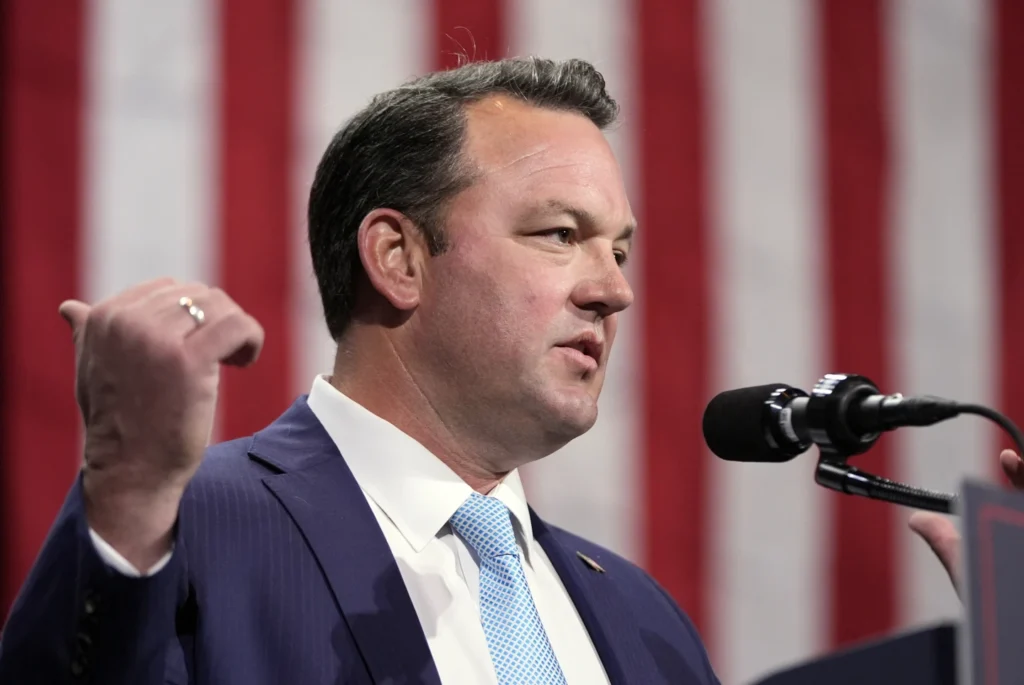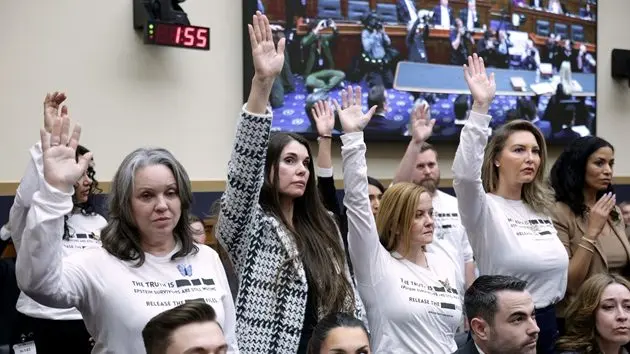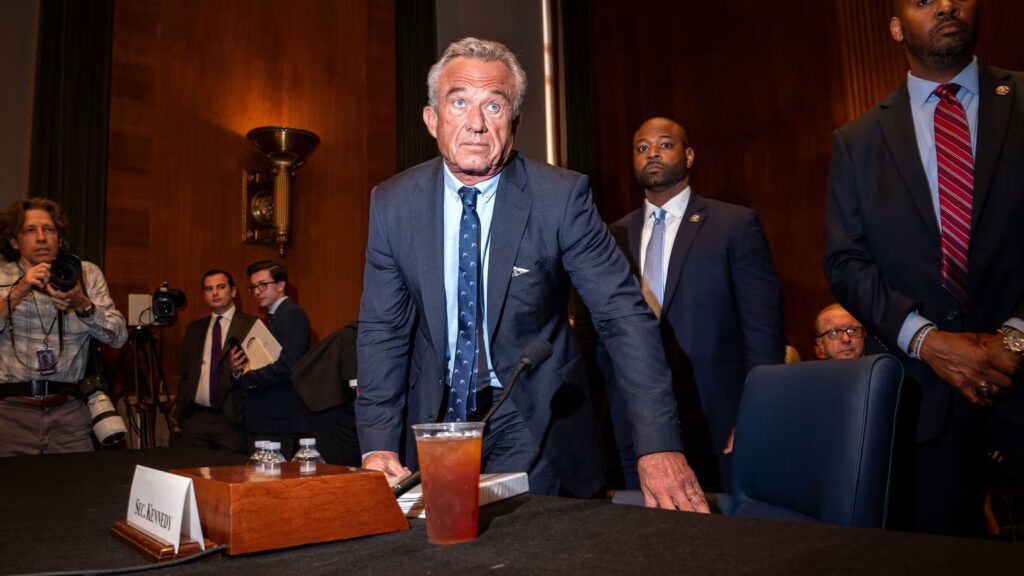GOP Candidate Probes $10M Loan in Georgia Governor Race

GOP Candidate Chris Carr Questions Burt Jones’ $10M Loan in Georgia Governor Race
Georgia Attorney General Chris Carr, a Republican candidate for governor, is challenging the legality of a $10 million loan made by his rival, Lt. Gov. Burt Jones, to his own leadership committee. Carr’s campaign asked the Georgia Ethics Commission on Thursday to issue an advisory opinion on whether the move violates state campaign finance laws.
Under a 2021 Georgia law, only certain high-ranking officials — including the governor and lieutenant governor — may form leadership committees. These special committees can raise unlimited funds and coordinate directly with candidate campaigns. However, challengers like Carr, who haven’t secured the party nomination, are restricted to traditional candidate committees with donor caps of $8,400 per election cycle.
Campaign Finance Controversy
Carr’s legal counsel, Bryan Tyson, argued that Georgia law allows personal loans only to candidate committees — not leadership or political action committees. He warned that if Jones is allowed to repay himself with unlimited donor funds, the move could effectively “wash away contribution limits entirely,” undermining the law’s intent.
Jones, who officially launched his gubernatorial campaign on July 8, reported loans totaling $10 million — $7.5 million and $2.5 million — to his WBJ Leadership Committee. His campaign says the loan was a strategic move to establish frontrunner status ahead of the GOP primary in May 2026.
A Question of Transparency
Tyson also filed a related ethics complaint, questioning whether Jones had access to $10 million in liquid assets. He referenced Jones’ 2022 financial disclosure, which listed a net worth of $12.4 million but only $700,000 in cash and securities. According to the filing, the rest of Jones’ wealth was tied to real estate and his insurance business, and recent disclosures show no asset sales.
Legal Precedent
Carr’s team cited a 2022 federal ruling that blocked then-Gov. Brian Kemp’s leadership committee from spending funds during the Republican primary. U.S. District Judge Mark Cohen declared the system unconstitutional, saying it gave incumbents an unfair advantage and violated free speech protections.
Political Response
Jones’ spokesperson Kendyl Parker dismissed the complaint, calling it “a weak attempt to get attention” and suggesting Carr’s campaign is struggling to gain traction.
The Georgia Ethics Commission is required by law to respond to Tyson’s advisory request within 60 days. While ethics complaints often take years to resolve, Carr’s team urged the commission to act swiftly, citing the urgency of the upcoming election cycle.
If upheld, the complaint could reshape how leadership committees are used in Georgia politics and have major implications for campaign finance transparency ahead of the 2026 elections.
Source: AP News
: 274







